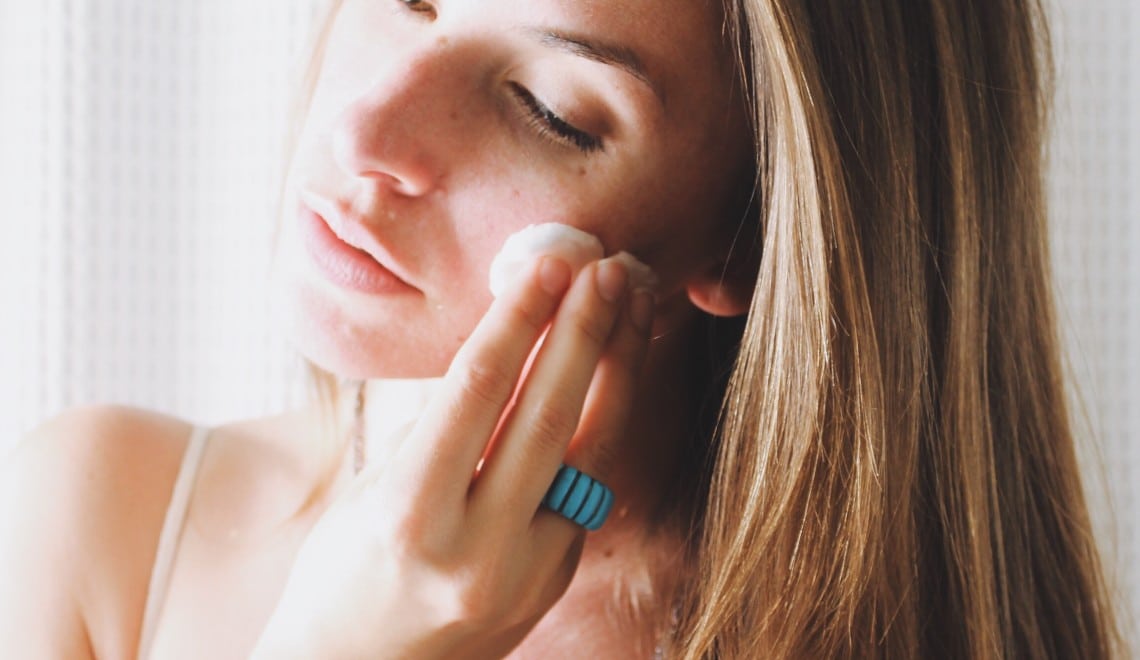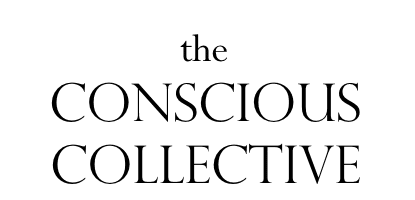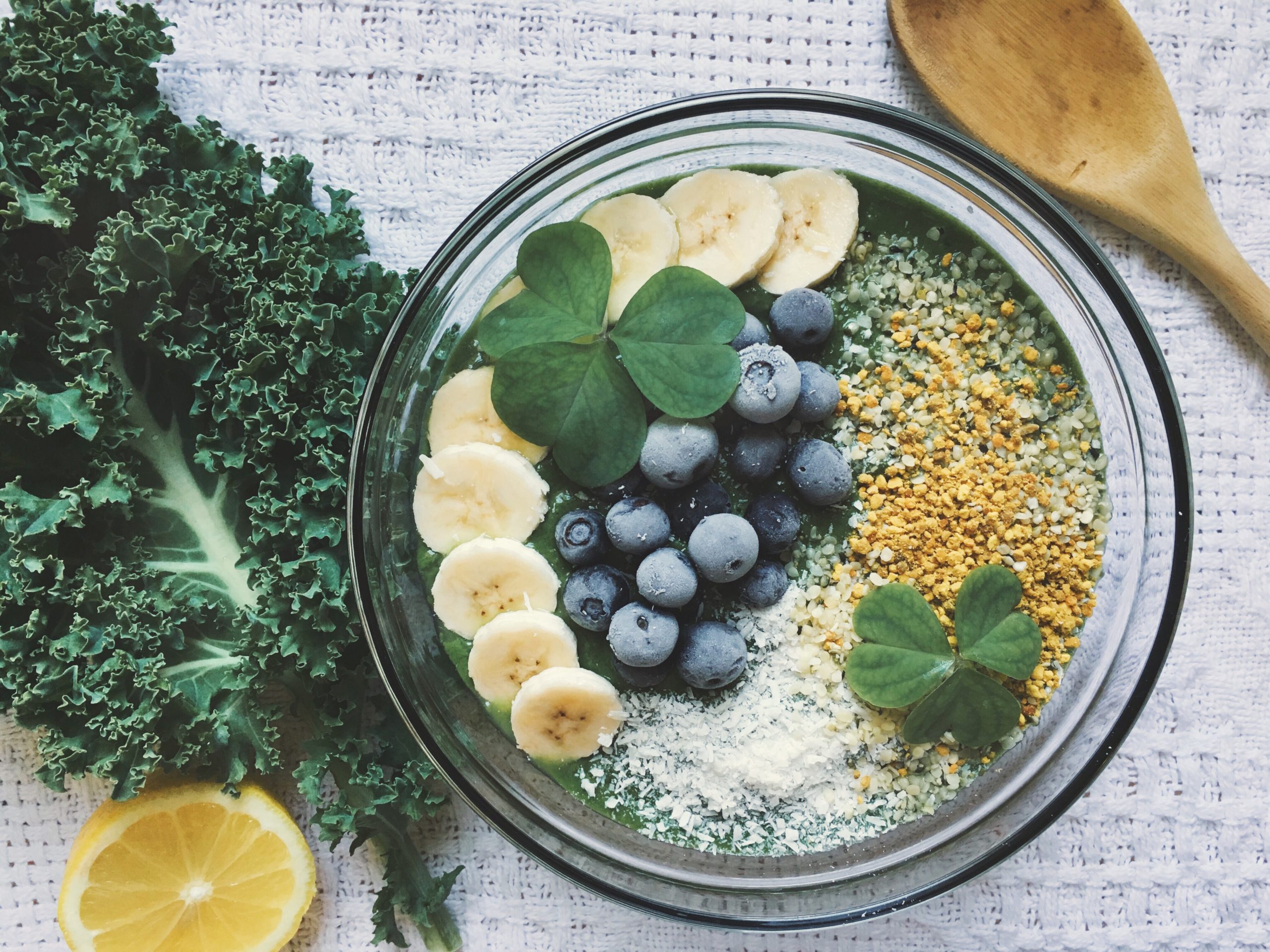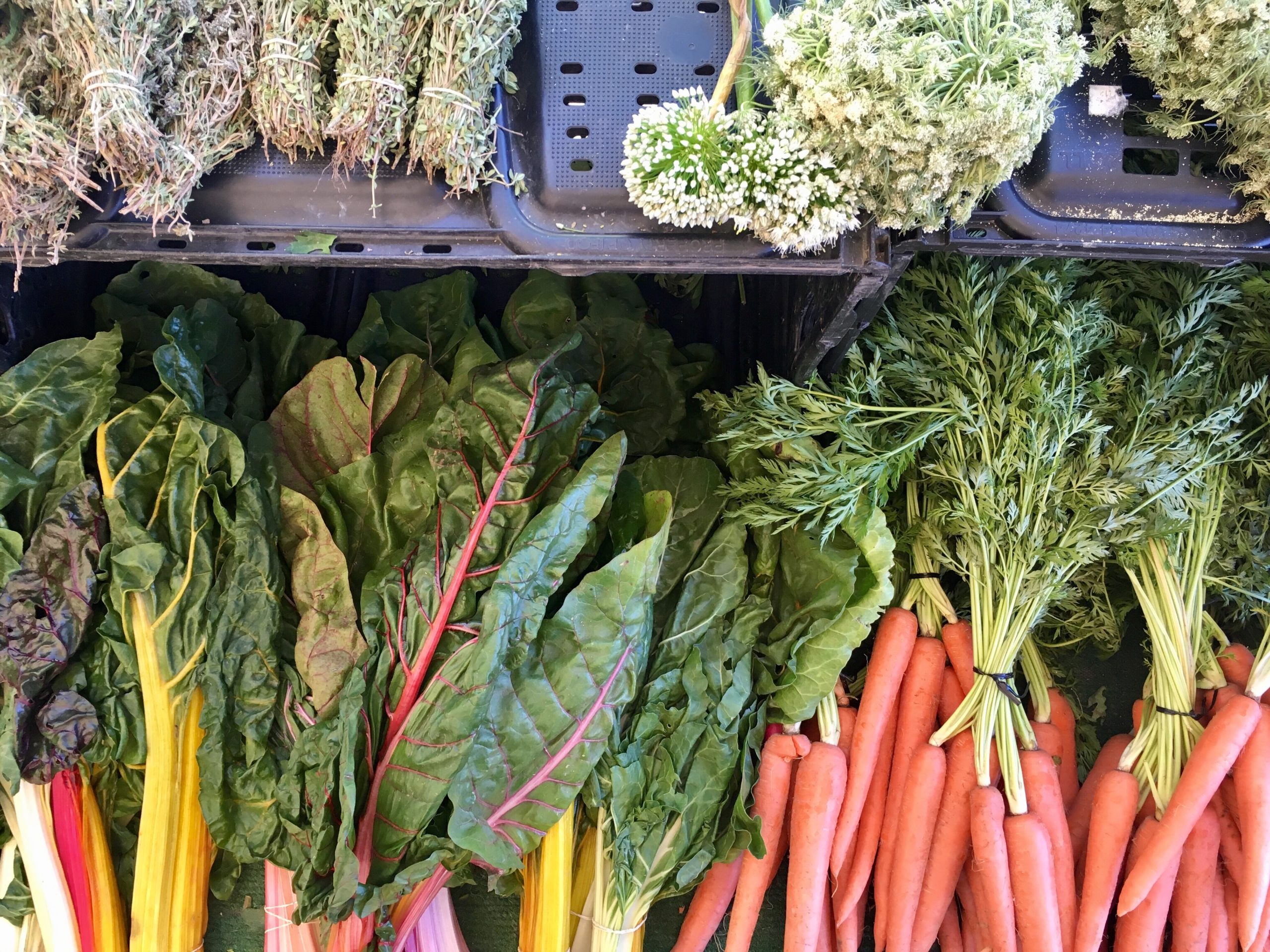Collagen Loss: Environmental Factors & Lifestyle Choices

A Brief Introduction To Collagen
Collagen is a type of fibrous protein essential to the development, formation and repair of our connective tissue. It’s second only to water as the most abundant substance in our bodies and contains high amounts of the amino acids arginine, glycine, proline and hydroxyproline; all of which are imperative in keeping our skin supple, hair shiny, and our nails, bones and joints strong. As early as our mid-20’s, collagen production begins to decrease naturally. However, a variety of lifestyle choices can also contribute to collagen loss and degradation. UV radiation from sun exposure, chemicals in cigarette smoke, and excess sugar in the diet are three factors that compromise and deplete the body’s collagen. By avoiding these factors we can help maintain the integrity of collagen production.
Sun Exposure
Oxidative stress caused by UV radiation from sun exposure accelerates the breakdown of collagen, causing the skin to become leathery, wrinkled and thinned. These effects are ultimately triggered by not only the breakdown of collagen, but depleted elastic fibers and hyaluronic acid as well. In a study undertaken by the University of Michigan, data suggests, “The level of partially degraded collagen is ∼3.6-fold greater in photo-damaged skin than in sun-protected skin, and some fibroblasts are surrounded by debris. Taking this information into consideration, protecting the skin from prolonged exposure to UV rays can act as an important step in maintaining the integrity of existing collagen and its production.
Cigarette Smoke
Thousands of chemicals in cigarette smoke compromise collagen and elastin in the skin. They deplete the body of nutrients, reducing blood flow, and ultimately making the skin dry and discolored as well as diminishing its strength and elasticity. Recent studies involving both humans and mice have shown that “Water-soluble tobacco smoke extract, which predominantly produces oxidative stress when applied topically to cultured skin fibroblasts, impairs collagen biosynthesis.” Although more research needs to be conducted on the affects of smoking on the skin, current studies such as this suggest that smoking can be associated with impaired collagen production and premature aging.
Sugar
When too much sugar is introduced into the diet, insulin levels are spiked and inflammation increases. This results in the damage and breakdown of collagen, resulting in premature aging. Excess sugar in the body can contribute to excessive glycation. “Over time, glycating sugar reacts . . . forming so-called advanced glycation endproducts or AGEs. It has been reported that both collagen and elastin throughout the body have been damaged from hyper-glycation. A study focusing on the glycation of collagen has shown that, “Cross-linked and glycated extracellular proteins (collagen) contribute to aging and diabetes.” This helps to show that not only does hyper-glycation damage existing collagen, it inevitably makes significant changes to its stability.
Conclusion
The natural processes of aging, diet, and environmental and lifestyle factors all play a role in the decrease of collagen in our body. Scientific research and studies have provided insight into not only the role that collagen plays, but the detrimental effects that a lack of collagen can have on the skin. So, what can you do? Specific evidence shows that avoiding prolonged exposure to the sun, eliminating excess sugar in the diet, and refraining from smoking all contribute to minimizing collagen loss.
In my opinion aging is a gift. If we are lucky enough to make it into our later years where fine lines and thinner hair are inevitable, we owe ourselves the respect and appreciation of nurturing our bodies and taking simple preventative measures in helping the process along as gracefully as possible.





